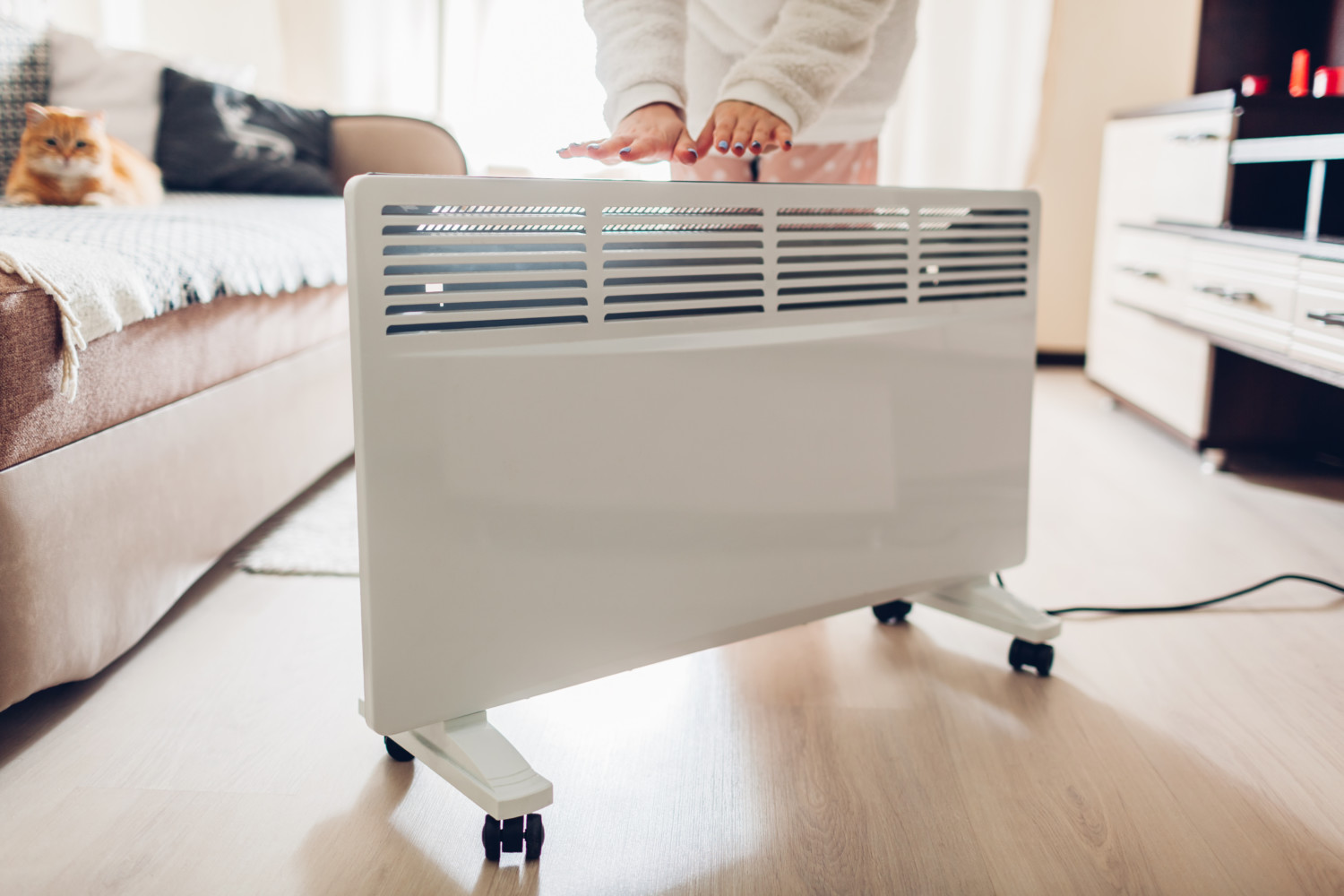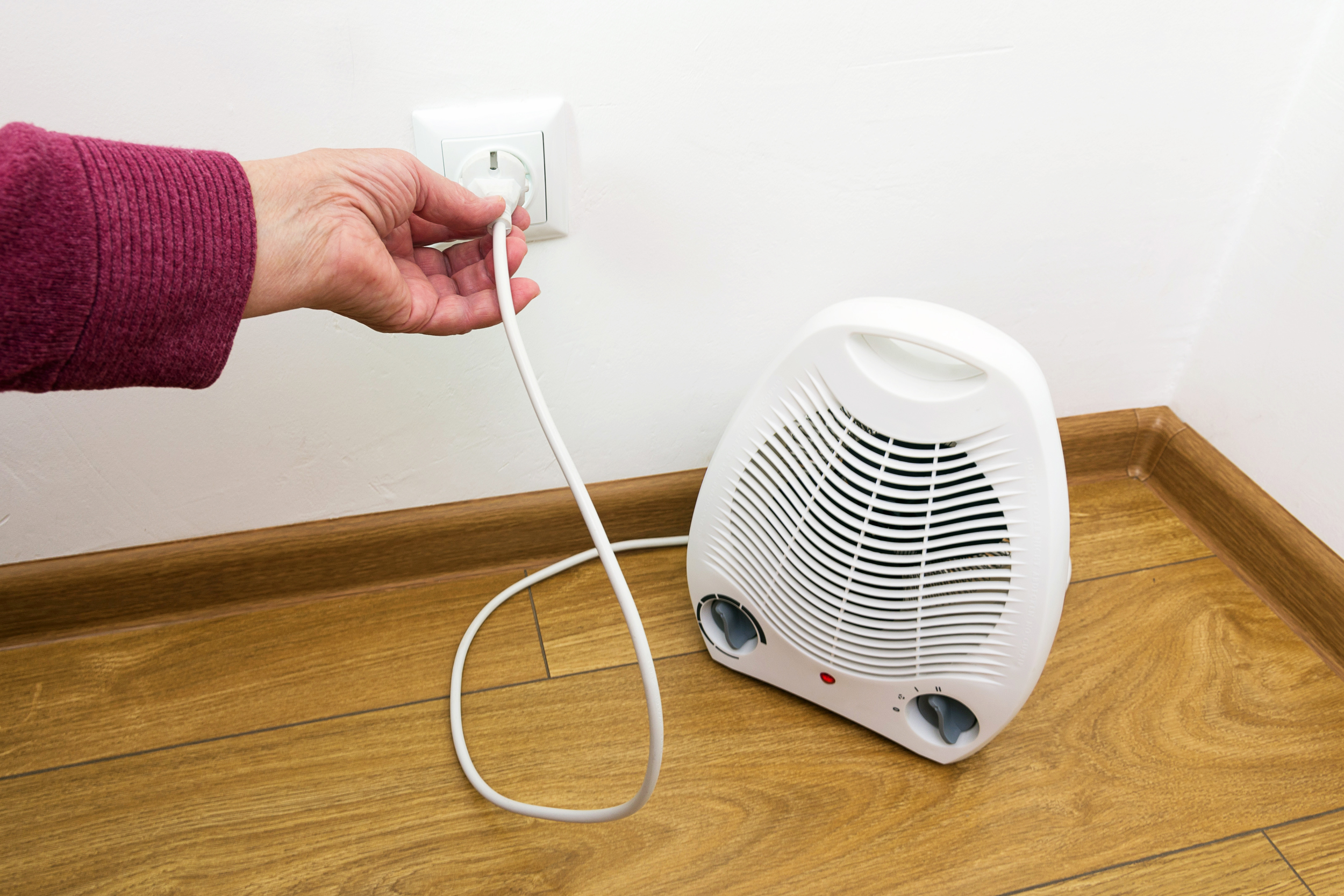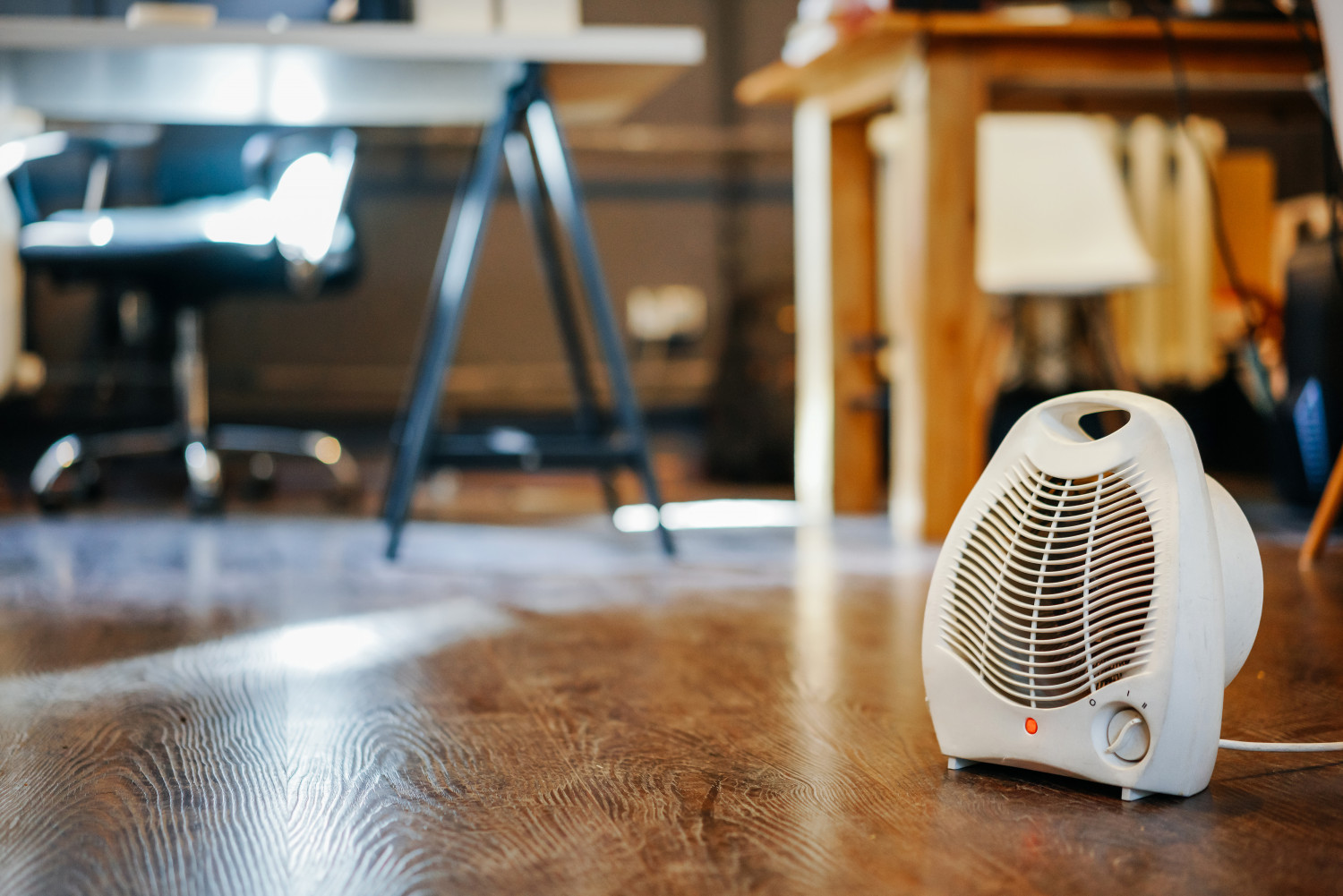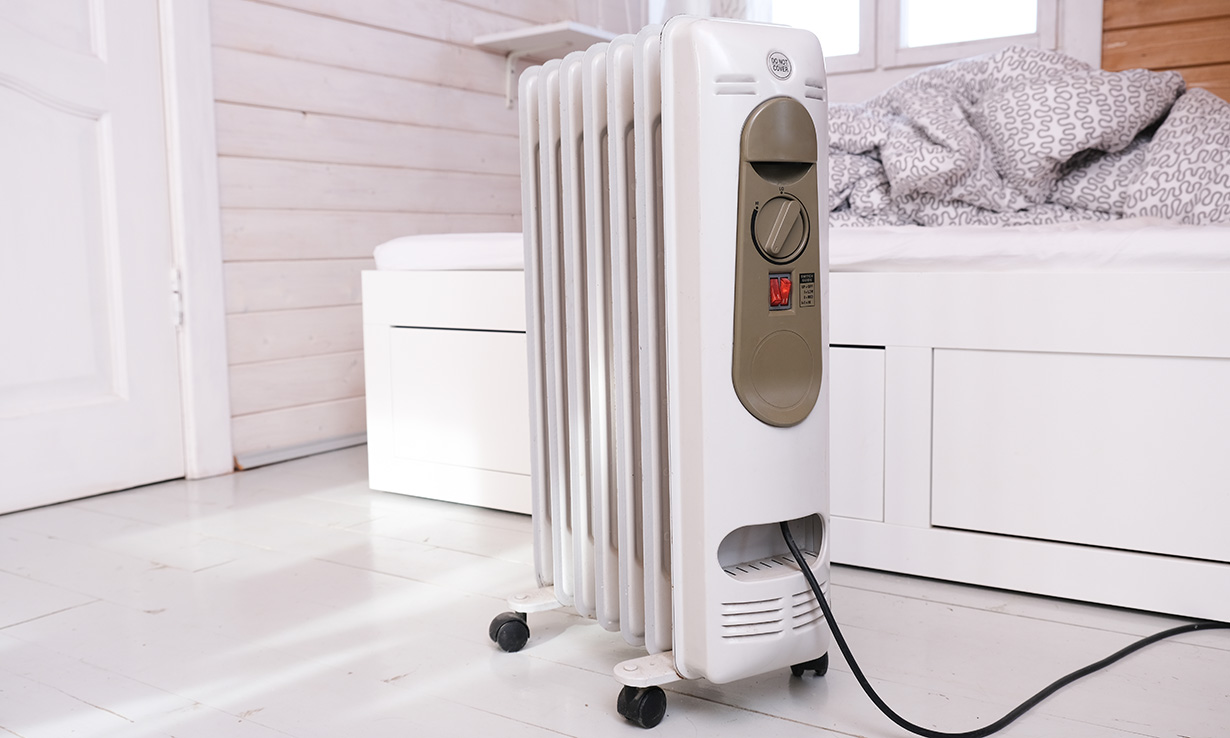When winter comes in, we are ready to use electric space heaters. But do you know about heaters’ disadvantages?
Well, you need to ask yourself how much luxury is enough for you.
I need this kind of luxury where I will relax in my warm space on cold days. Then you need to know some facts about electric heaters.
Electric space heaters are a common sight in homes during the winter months. These devices use a power source to generate heat inside a confined space. They’re also used in hot water tanks during the summer. When used correctly, electric space heaters reduce the chances of accidents and burns. They also require safety goggles and gloves to avoid injury while using them.
The most common electric space heater is an electrically powered unit placed on a floor or table. These heaters ignite gas— such as propane — inside the unit’s housing. Due to their portability, these appliances are useful for heating spaces throughout a home or business.
So, if you are searching for apartments for rent in Kuwait, apartments for rent in Salmiya, and apartments for rent in Salwa, please be aware of this equipment, as it could destroy your home.
However, this convenience comes with risks if users aren’t aware of potential hazards. For example, misusing an electric heater can lead to fires and burns. By following proper safety procedures, users can safely maintain their units and limit the risk of injury or damage.
Now, what should you know before using heaters when renting a house in Kuwait.
So, we first need to know what are possible cons of electric heaters.
Electric space heaters are a popular choice for homeowners looking to add some extra warmth to their homes. They’re relatively inexpensive, easy to use and safe. However, electric heaters have some negative aspects you should consider before purchasing one.
If you’re considering an electric space heater, there are a few things you need to be aware of:
- Safety – Hot surfaces can burn you, and children can be seriously injured by falling into open heating vents. Most electric space heaters have safety features that prevent accidental burns, but there is always a risk present with any appliance.
- Cost – Electric heaters use electricity, which means they cost money to run. In addition, you must pay for the initial purchase price and any installation costs associated with installing the unit in your home or business. It would help if you considered these costs when considering whether or not an electric space heater is suitable for your needs.
- Heat Output – Electric space heaters provide supplemental heat rather than primary heating solutions. That means they may be unable to keep your entire home warm on cold nights unless used in conjunction with other methods (such as using gas or wood-burning stoves).
Oil Filled Room Heaters
You will not be free from potential harm when you can avoid higher energy bills over time by using oil-filled room heaters.
Oil-filled space heaters are a popular way to heat a room, but they have some disadvantages. One of the biggest dangers of using an oil-filled heater is the possibility of it leaking. If the oil leaks out and comes into contact with a heat source, it could start a fire. Another danger is that the oil in these heaters can become overheated, which can cause burns if you accidentally touch it.
To avoid these dangers, make sure that your oil-filled heater is in good condition and doesn’t have any leaks. Also, be careful not to overheat the oil, and keep it away from flammable materials.
Disadvantages of Heaters During Sleep
1- A fire hazard. If not used properly, they can overheat and start a fire.
2- Be noisy. The fan inside the heater can create a humming or whirring sound that can disrupt sleep.
3- Dry out the air; the heater can complicate allergies and asthma symptoms, making breathing difficult.
4- Expensive to operate; heaters can raise your electric bill significantly if used for long periods.
That’s why you should never leave a pet or child too close to a space heater and always turn the heater off before going to bed.
Avoid Using Heaters When You Have Children
Never leave a room with a space heater running alone; that way, if a fire does occur, you can quickly put it out.
The minimum distance between a child and a space heater is three feet.
Beyond the fire hazard, a heater is 15-amp equipment drawing considerable current, so we never leave one in a room or closet where young children may access it, even if it’s unplugged.
Atoddler’ss not-so-obvious electrical threat is the heater’s socket and cord, combined with certain intuitive on/off switches, can be dangerous.
Although most children quickly learn to retreat from heat sources, few are prepared for the jolt of an electric current.
How to Avoid any Harm While Using Electric Space Heaters
Like any appliance that generates heat, electric space heaters must be used safely and efficiently to reduce the chances of accidents or burns. Before turning on the machine, users should check all controls and settings to ensure they produce the desired temperature.
Setting temperature controls too high can lead to burns, while low temperatures aren’t warm enough to fill rooms with warmth. Turning off the appliance when not in use is also important to avoid power loss or to overheat due to insufficient power reserves.
Electric space heaters should be positioned at least 3 feet away from curtains or other materials that can easily catch fire— especially if they contain flammable substances like fabrics or upholstery.
Finally, users must wear protective gear when using these types of appliances, including safety goggles and gloves, to minimize potential injuries from debris kicked up by heating elements or combustion byproducts from burning fuel sources.
Electric space heaters are helpful for warming spaces during cold months; however, proper use reduces the chances of accidents and injury due to fires and burns caused by negligent users. Therefore, safety precautions must be taken when using these appliances, including limiting usage time, positioning devices safely away from combustible materials and wearing appropriate protective gear when necessary.















